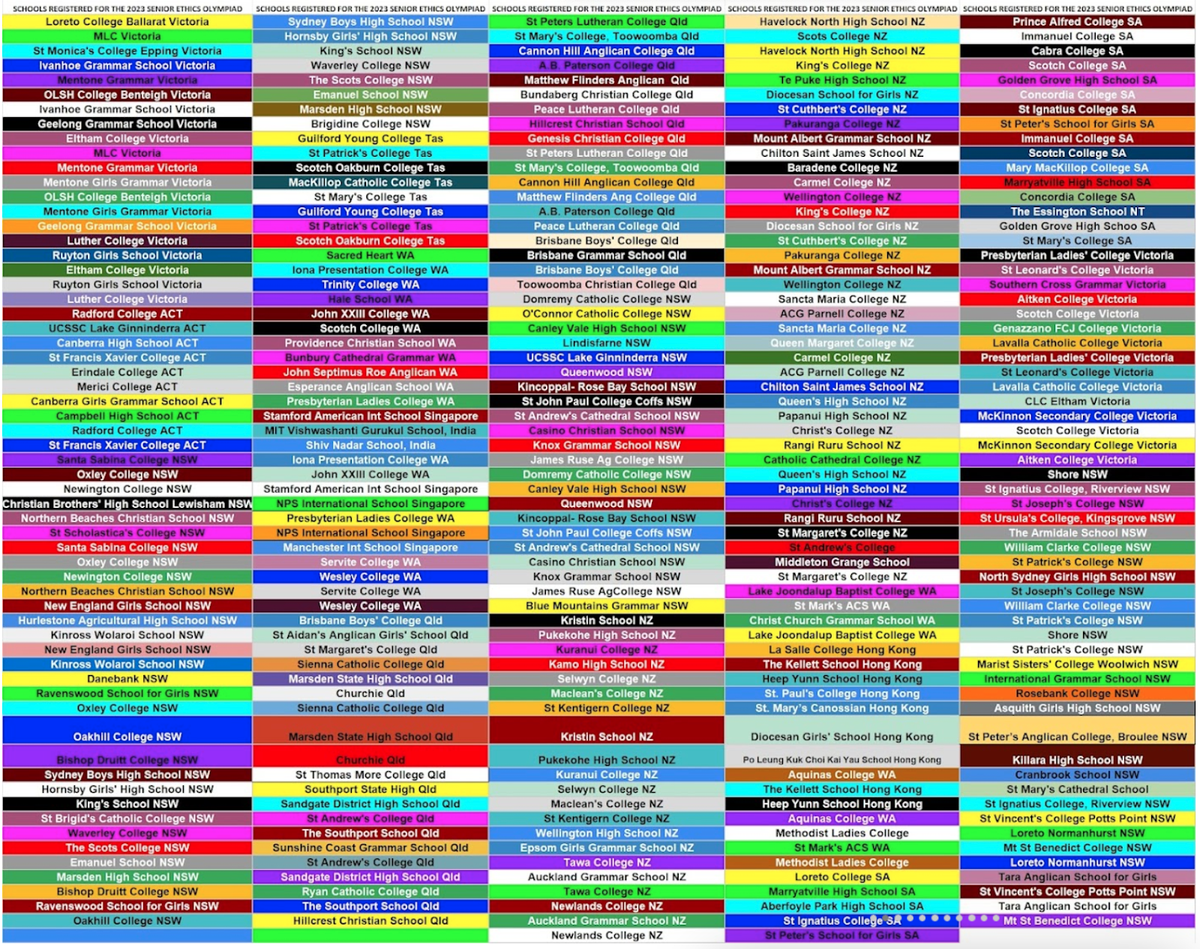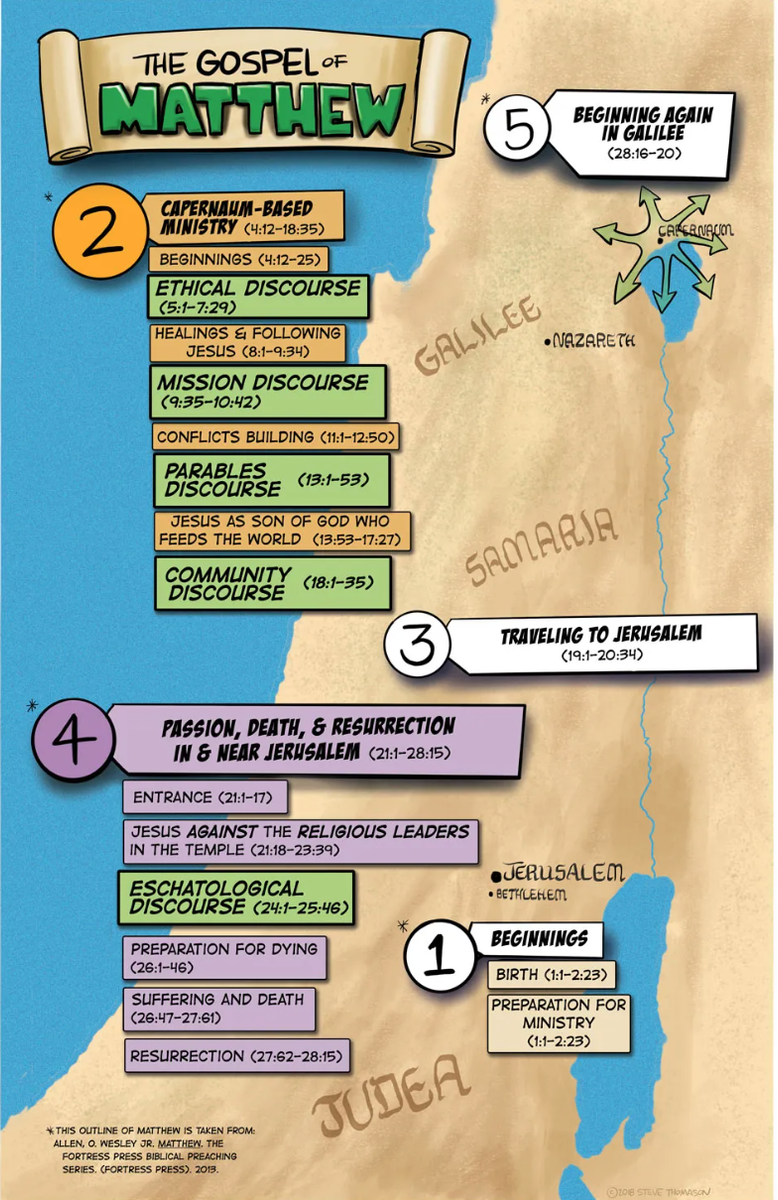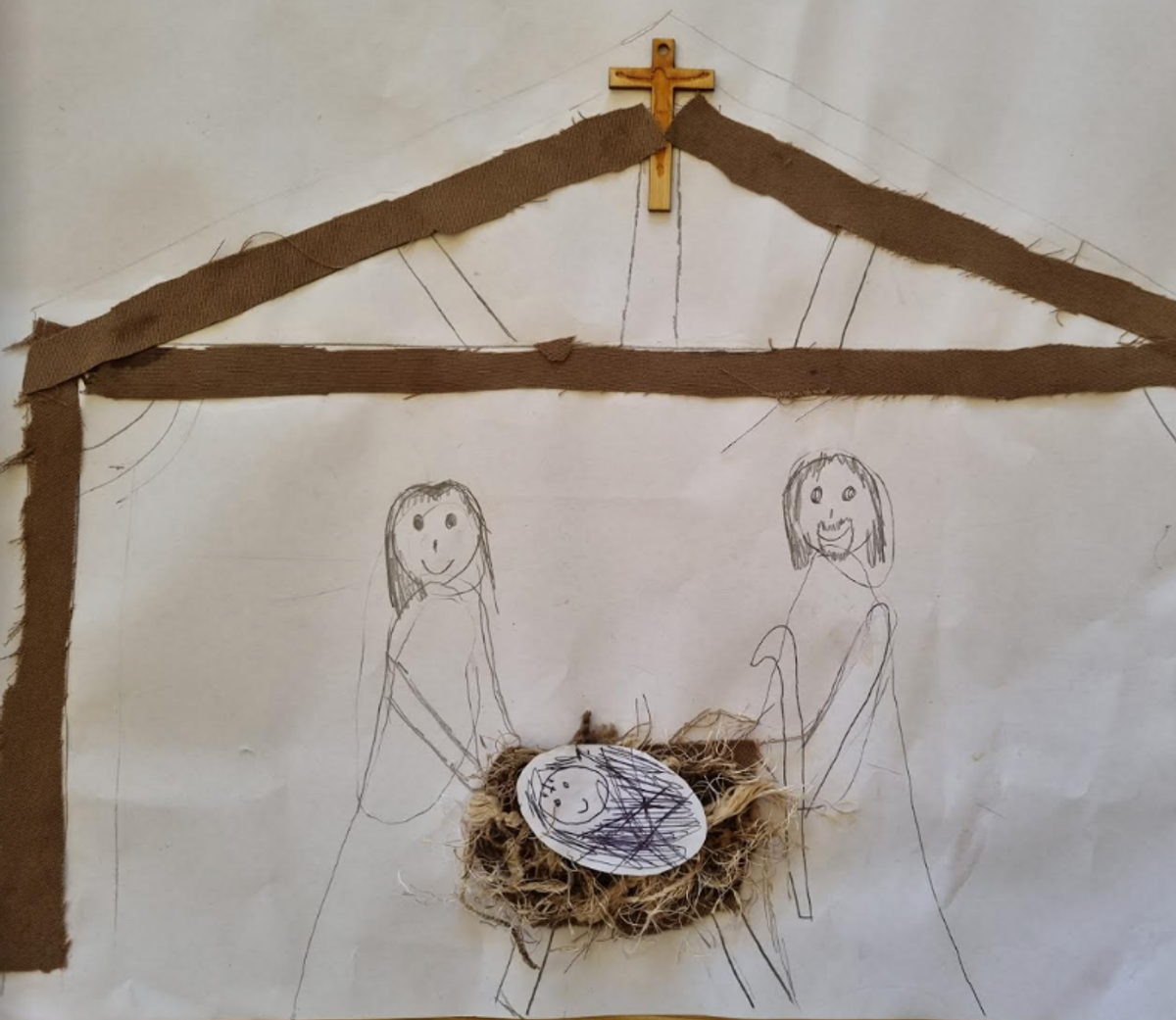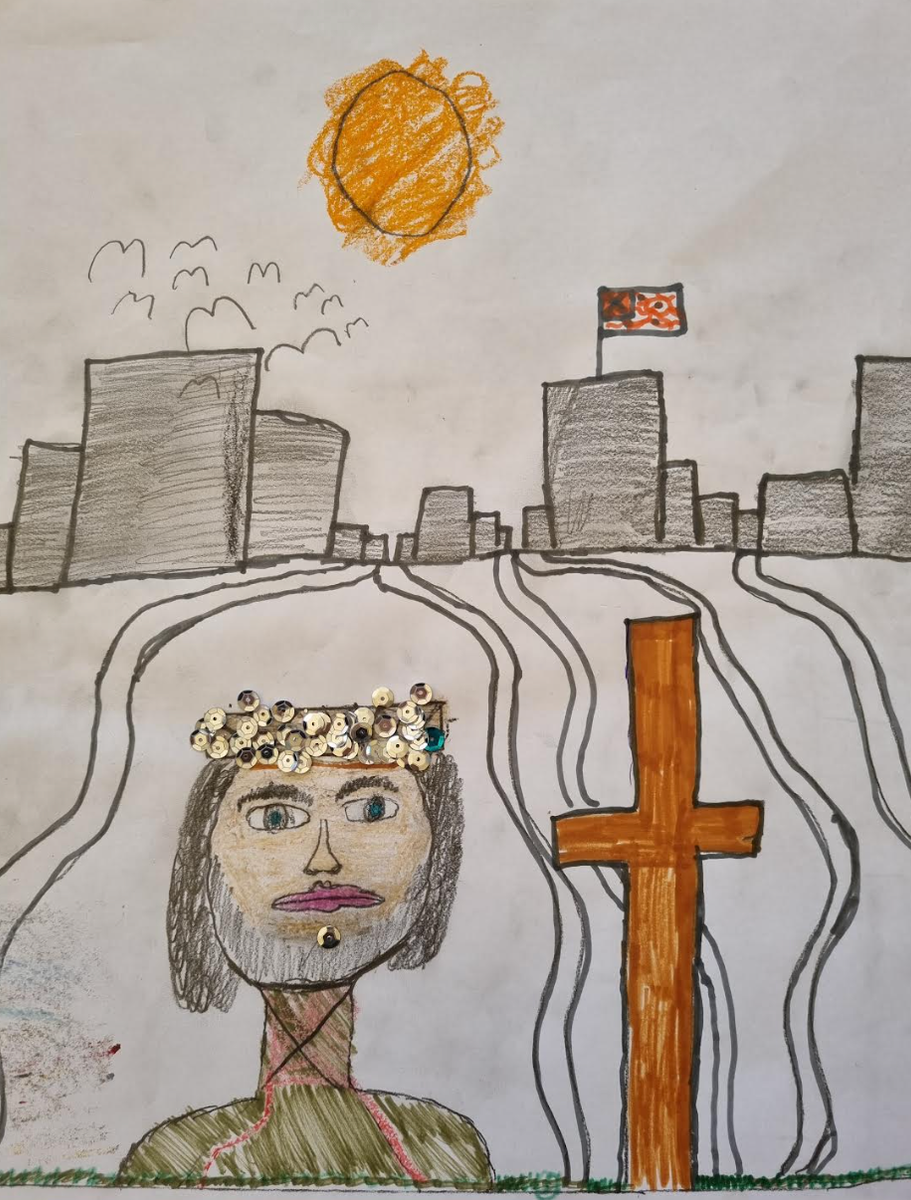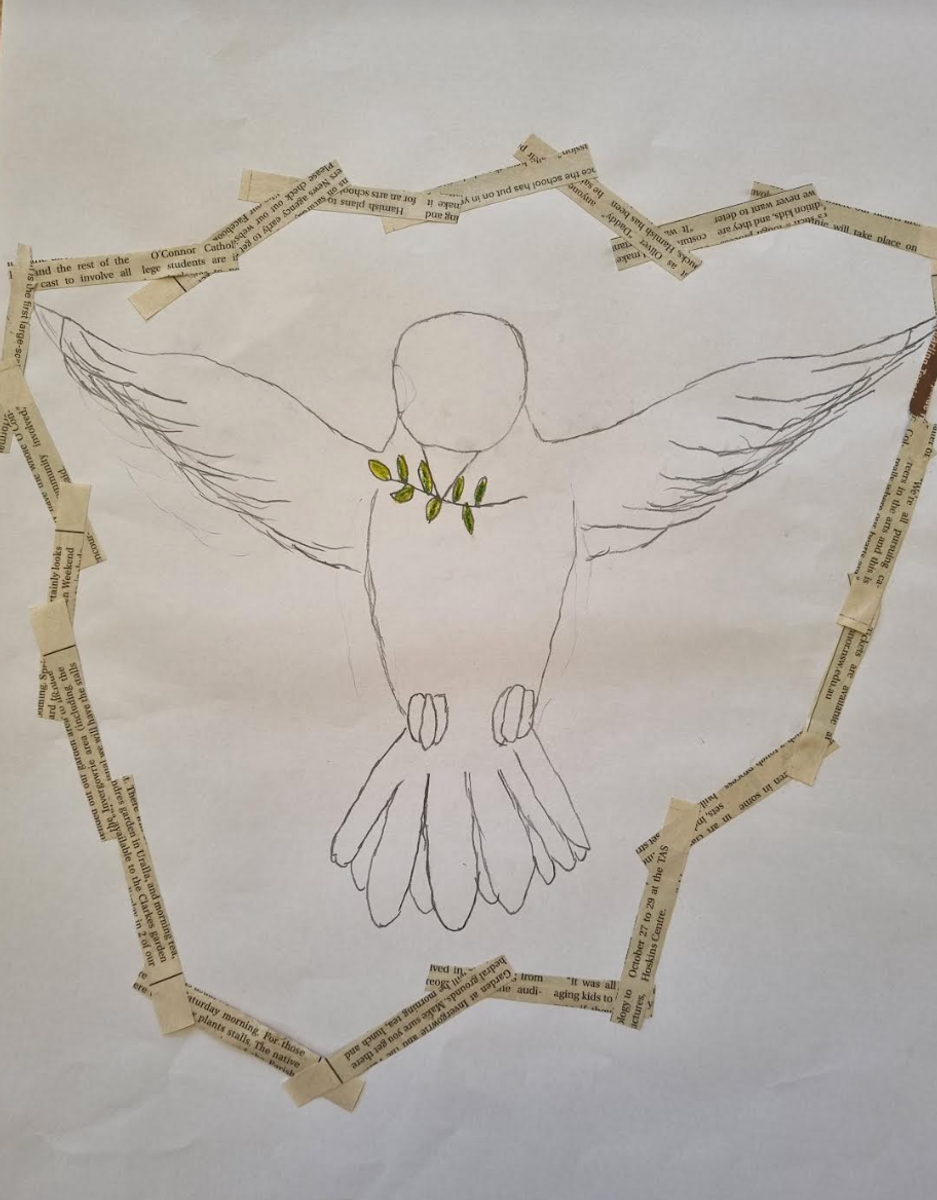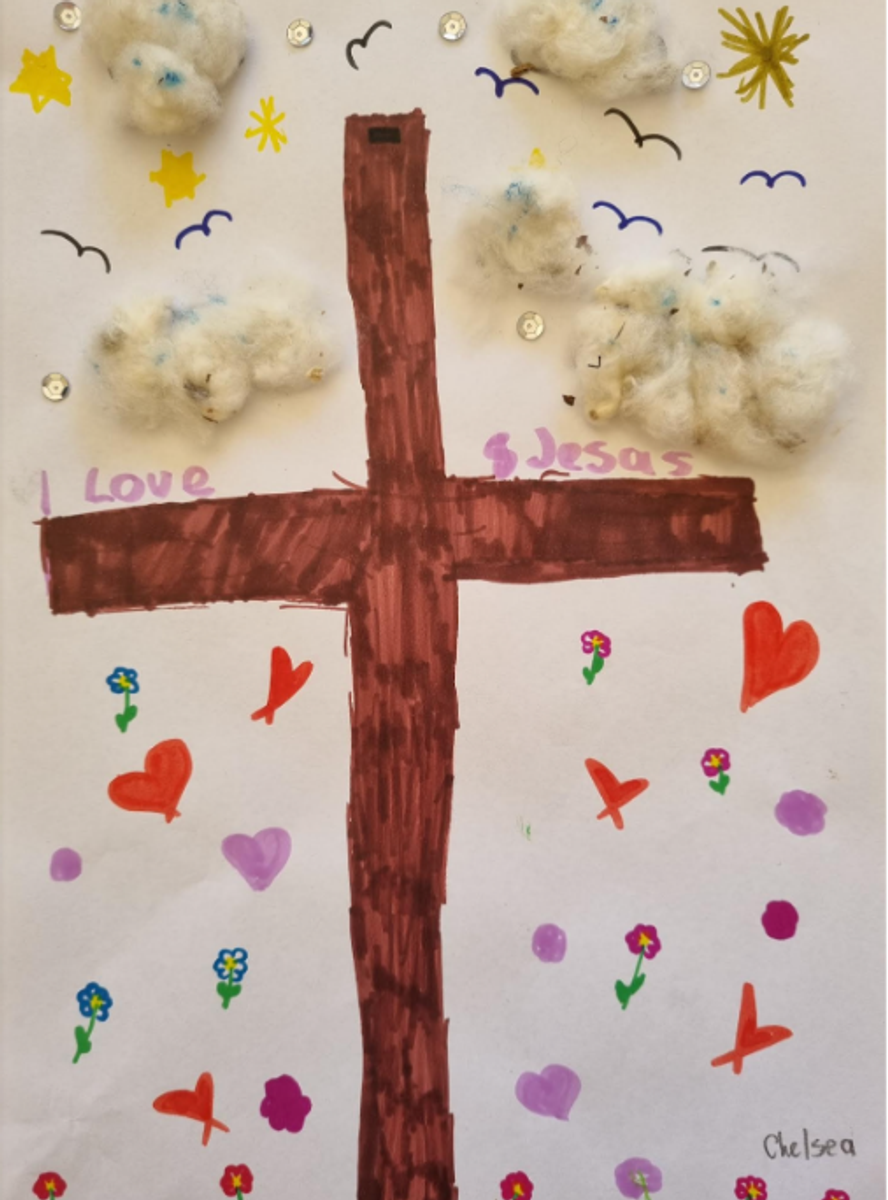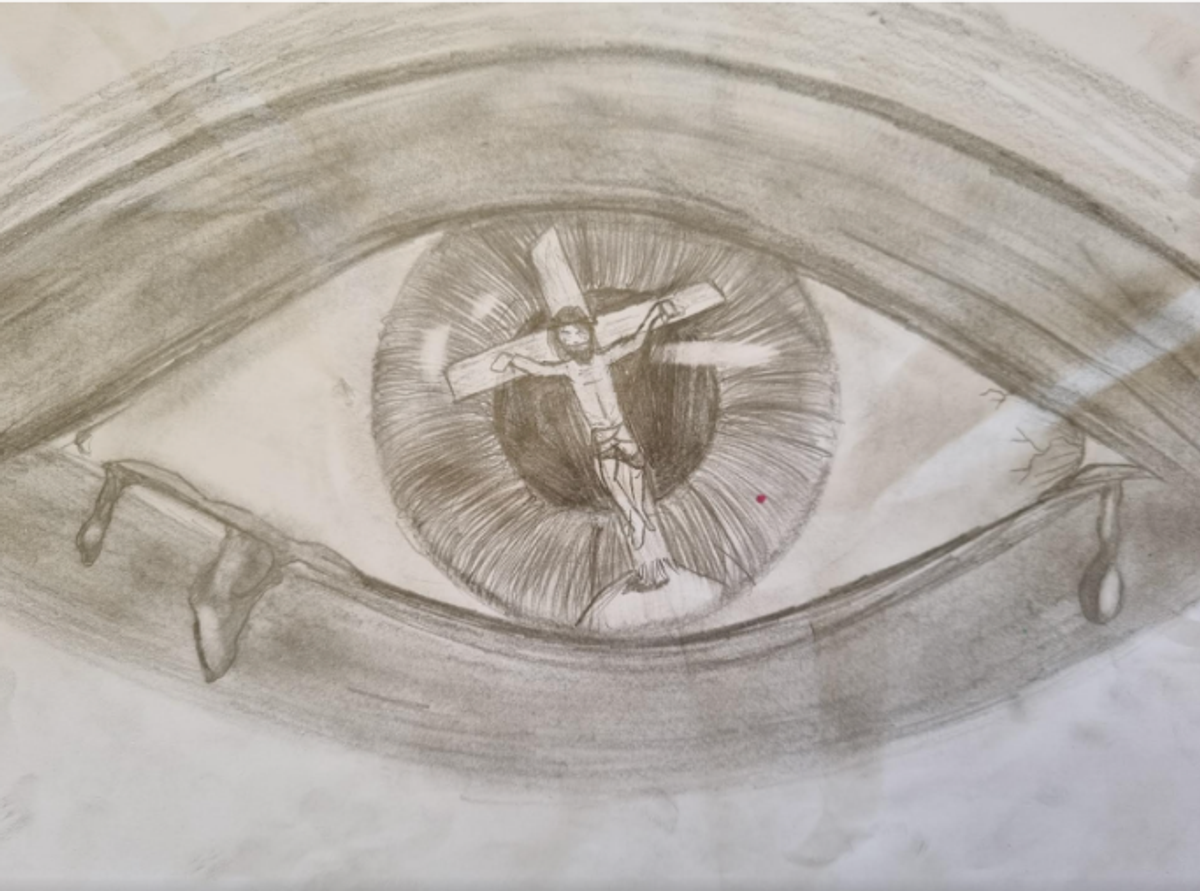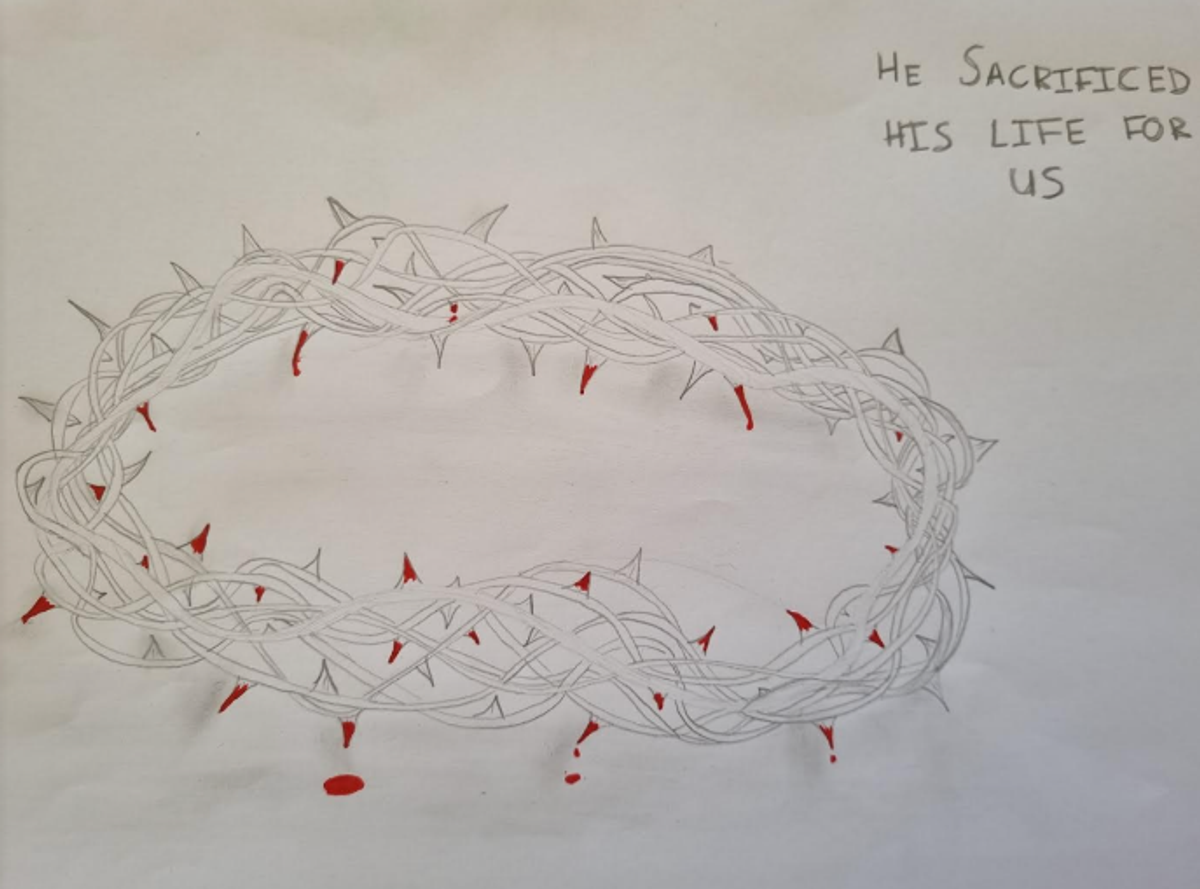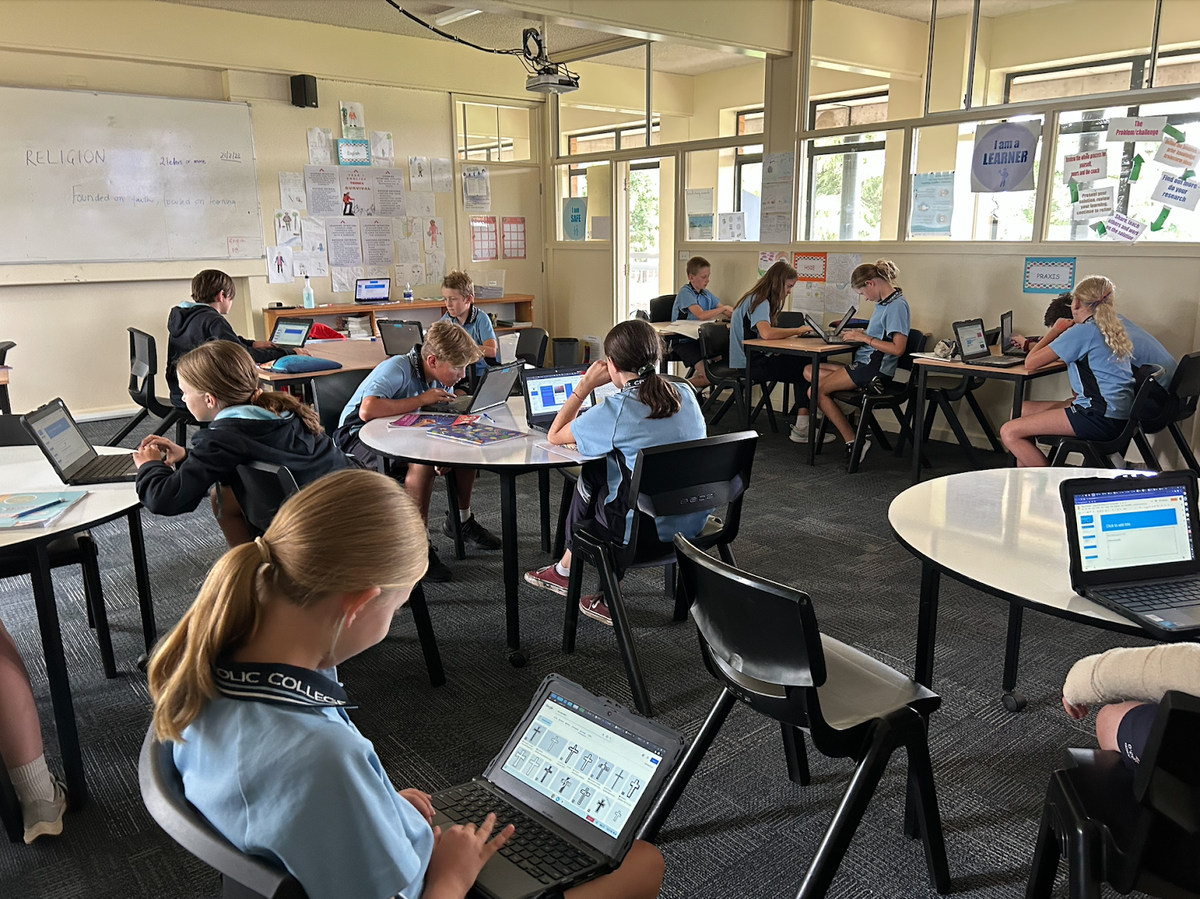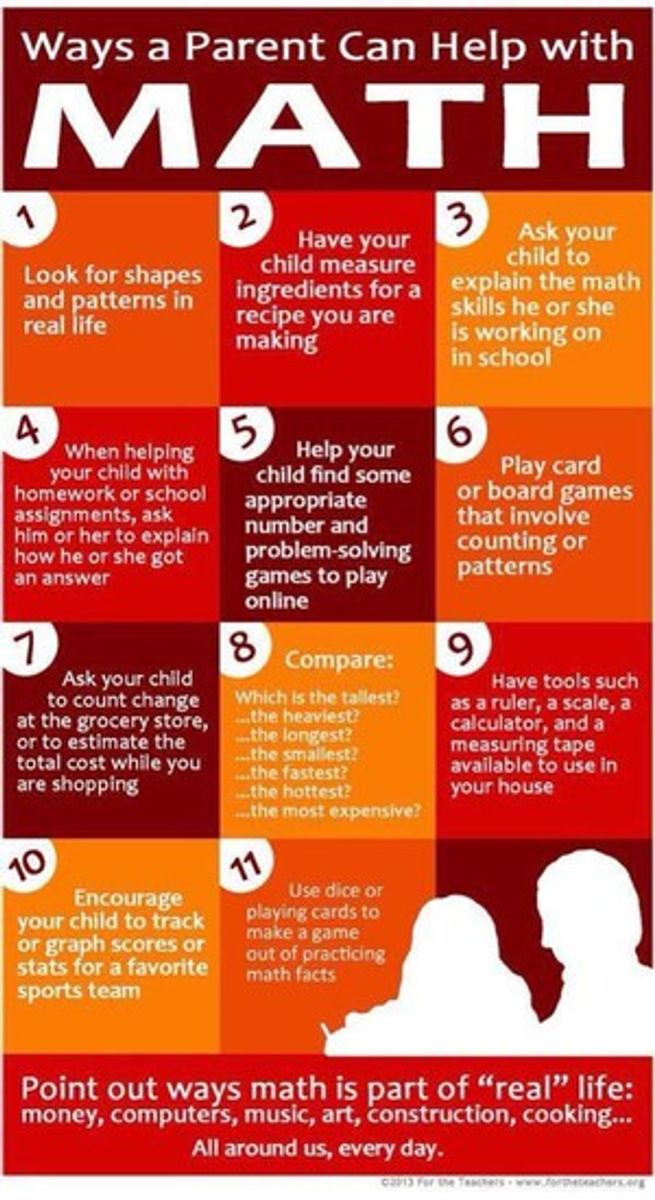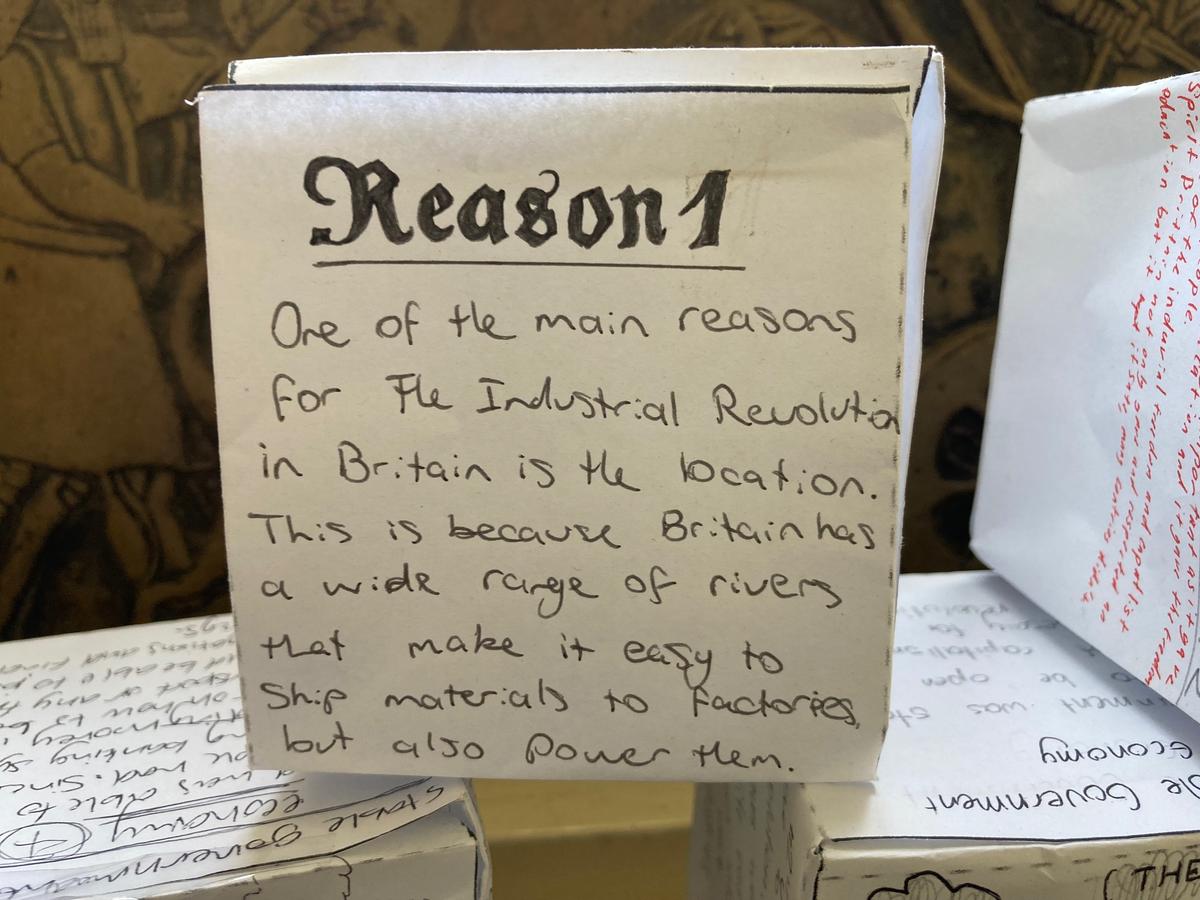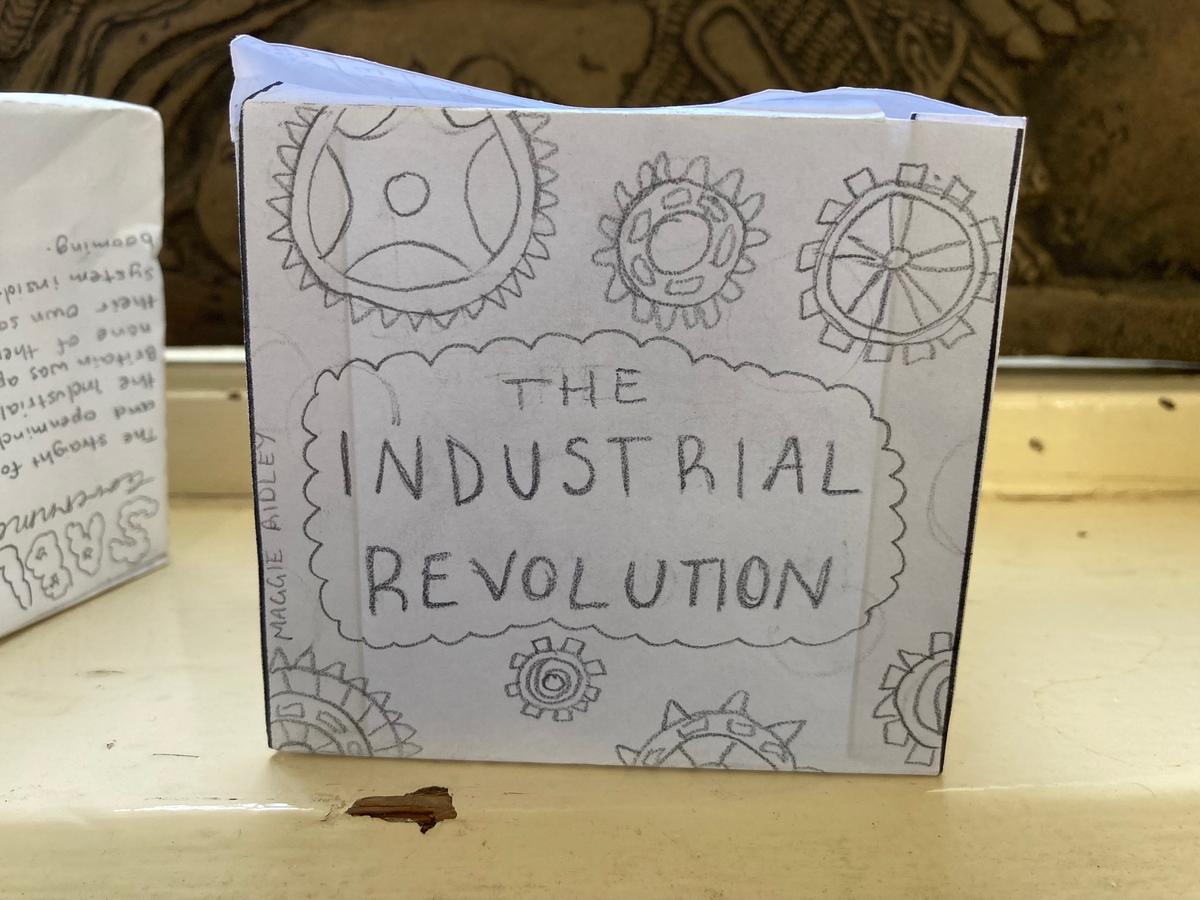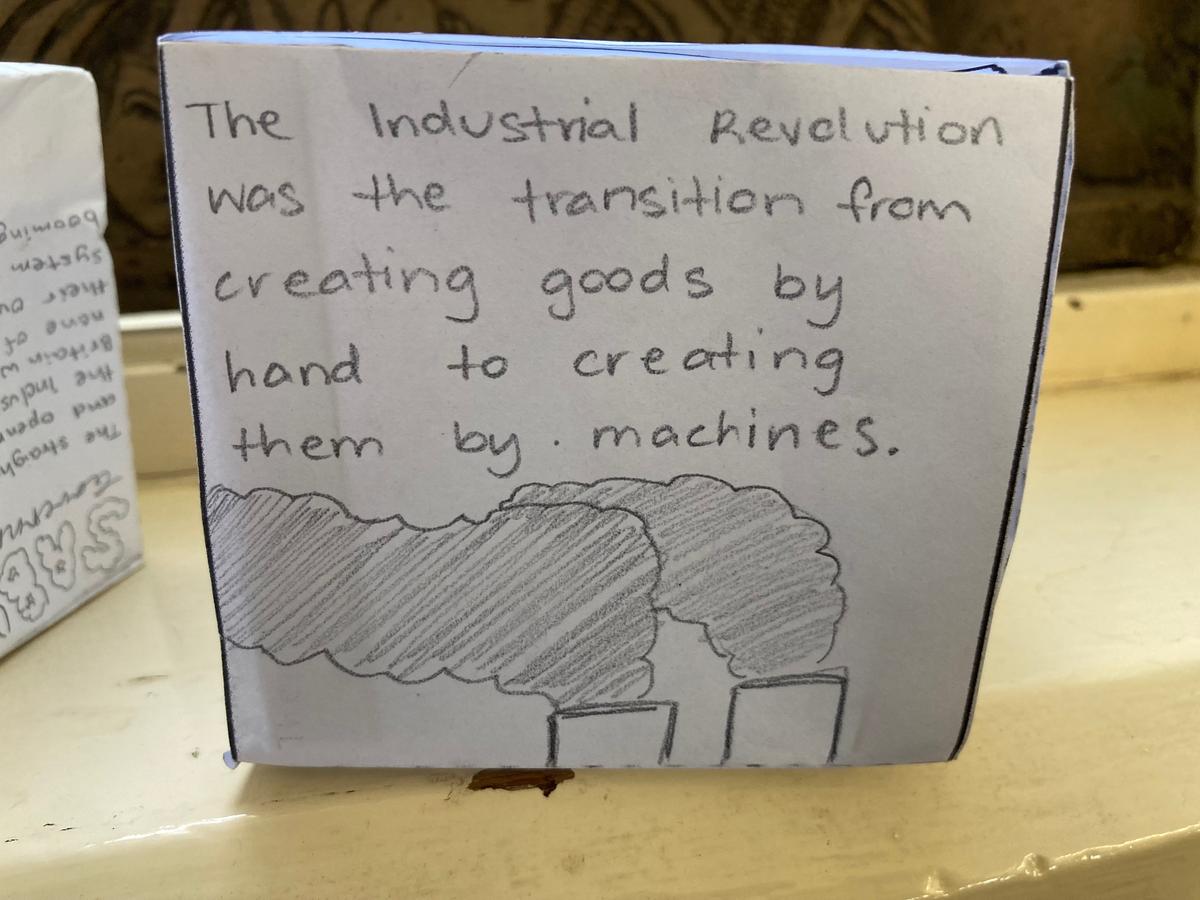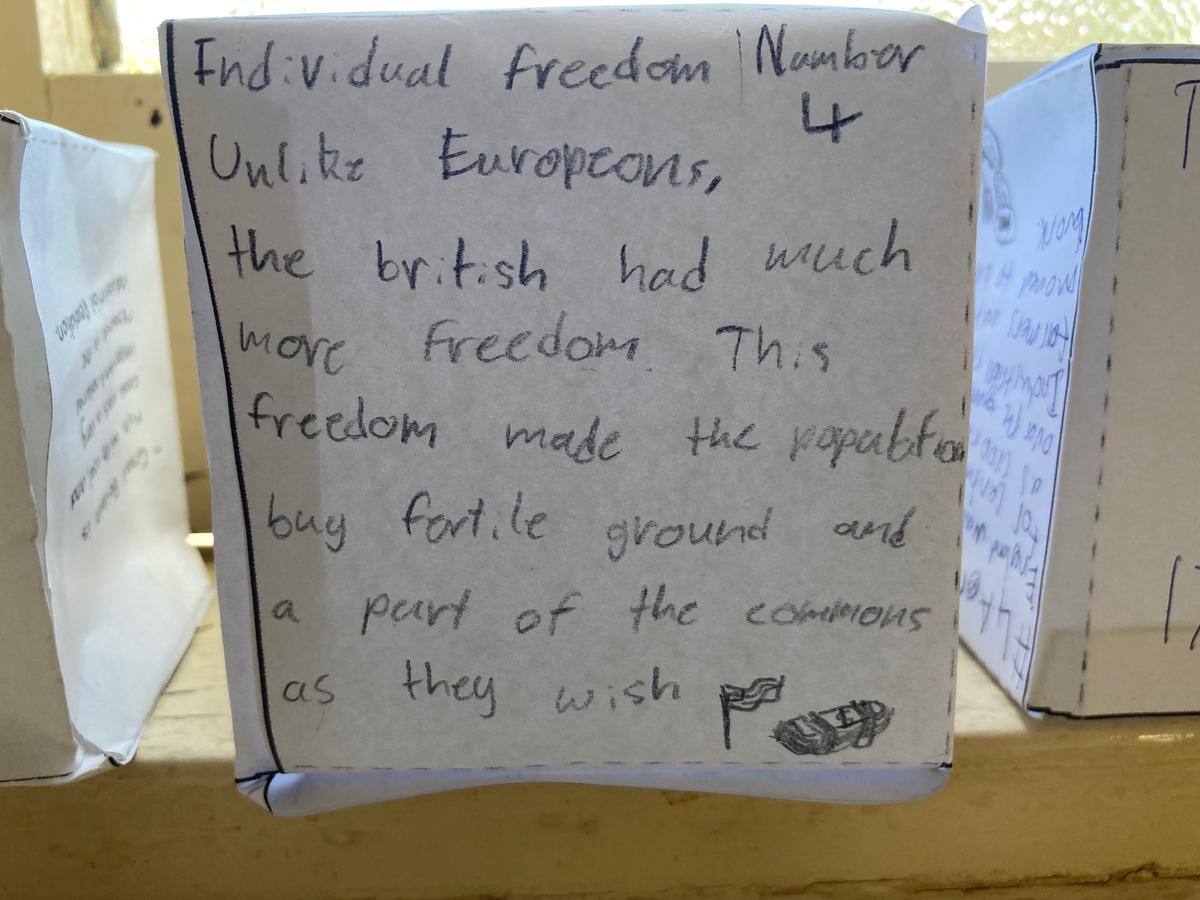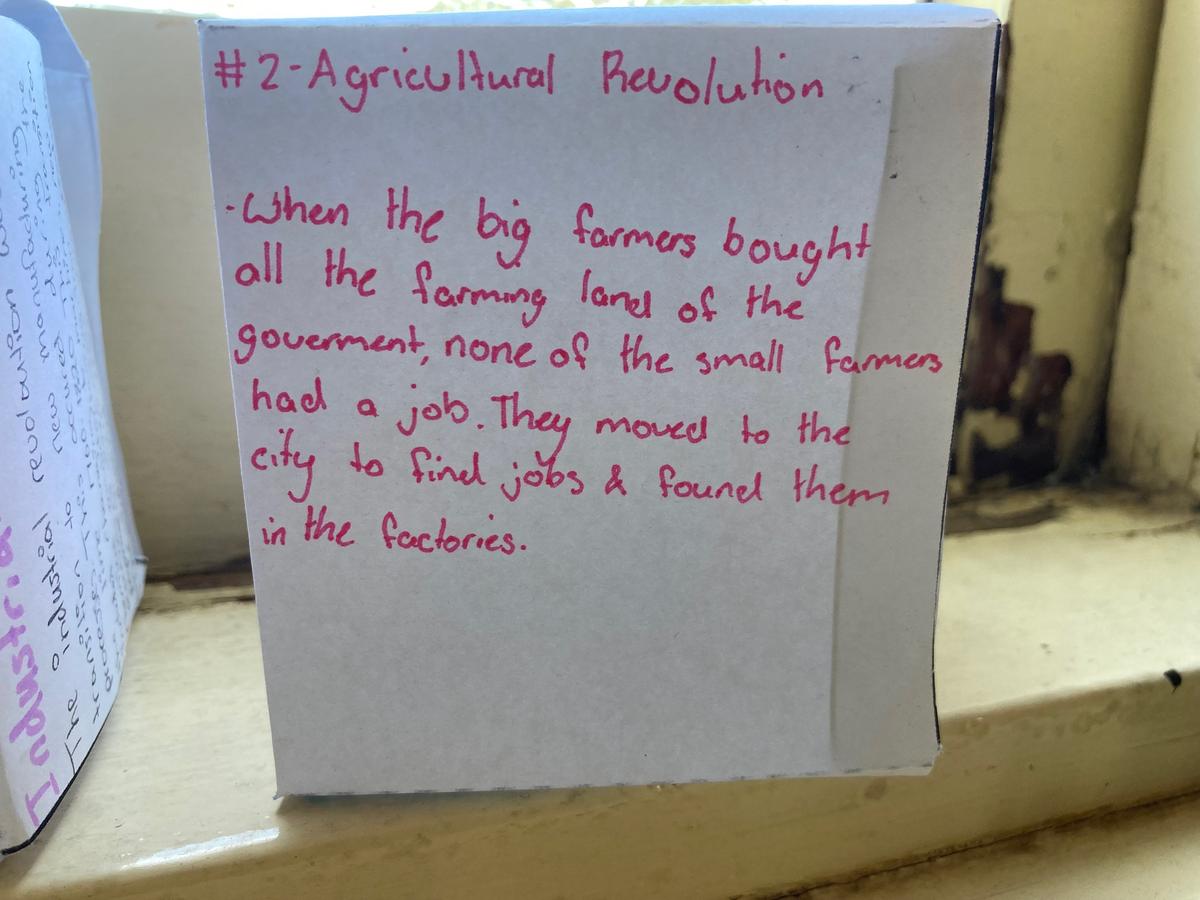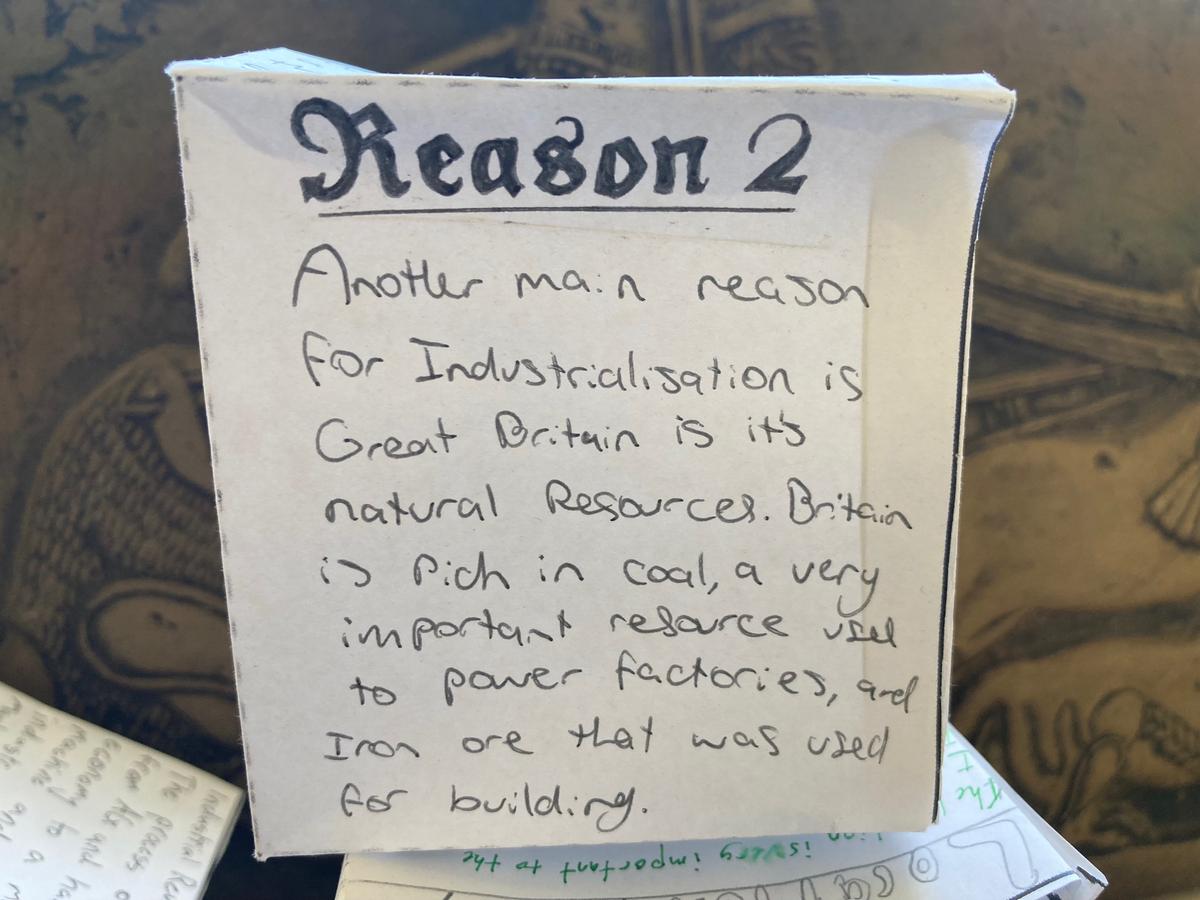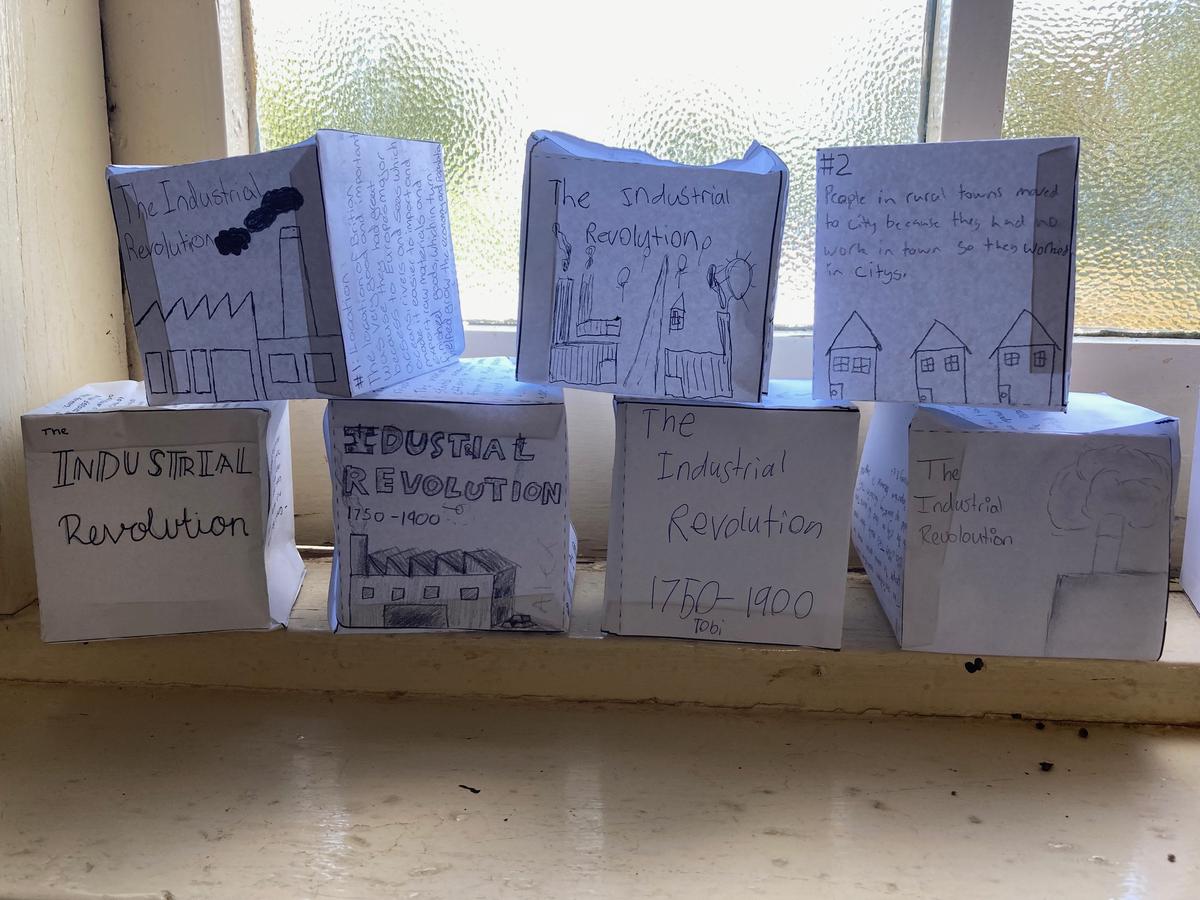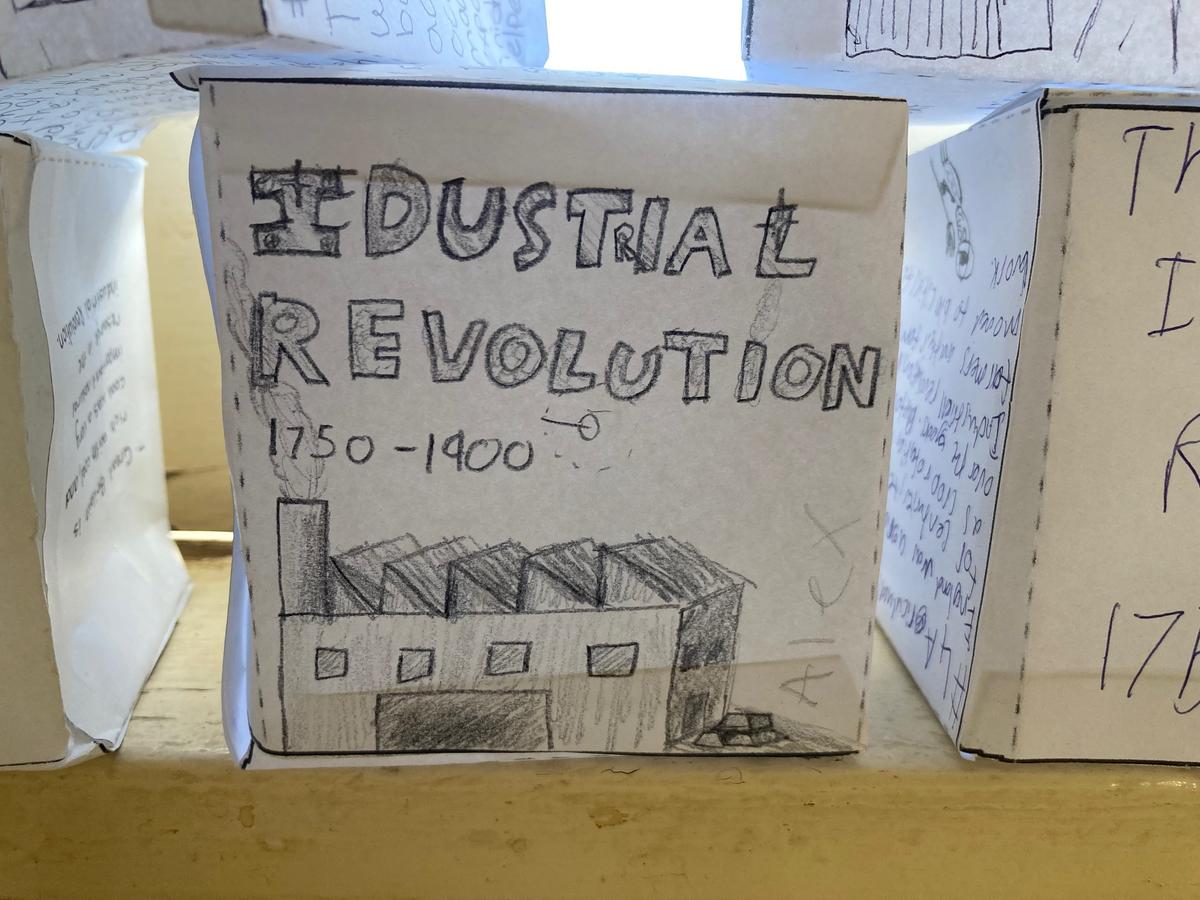KLA News
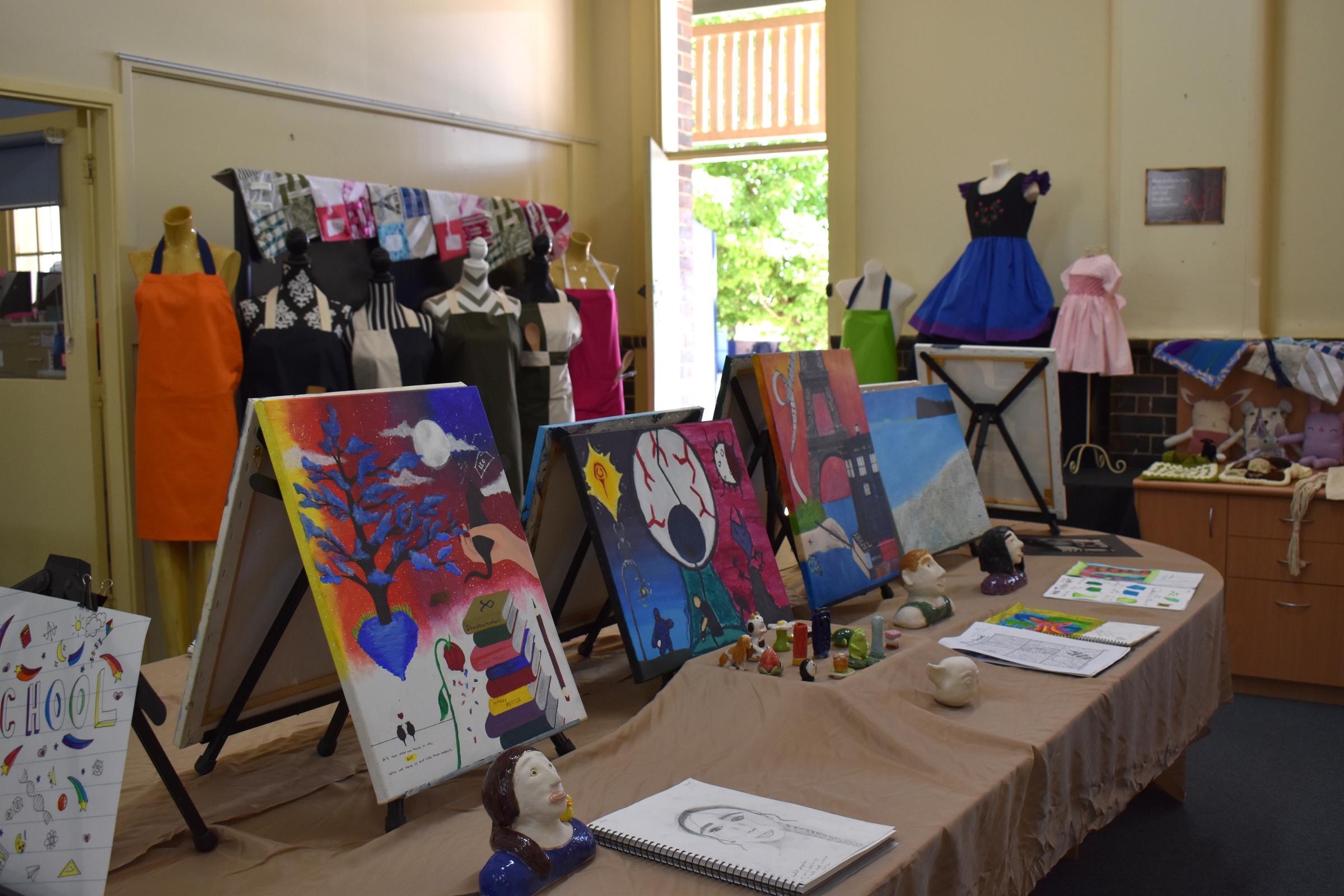
This week we hear from the Enrichment, RE, Maths, VET & HSIE Leaders of Learning
Enrichment
The Year 7 PRAXIS classes have begun work on their Personal Interest Projects (PIPs) and teachers Mrs Healey and Ms Frazier are amazed at the wide variety of topics that students have selected to research and gain deeper knowledge about. They vary from What is the easiest and quickest way to train a kelpie? to How can I design a net for cricket stadiums to save money on balls and also get them back? We are really looking forward to finding out what they discover!
The Ethics Olympiad cultivates the virtues central to democratic citizenship, and prepares students to navigate challenging moral issues in a systematic and open-minded way. Since the arrival of Covid 19, Ethics Olympiads have been run online using Zoom. This has enabled the inclusion of many remote and regional schools as well as schools in Singapore and Hong Kong. During the day students explore interesting and relevant ethical cases using a format designed to promote respectful dialogue. Judges award scores based on skills in critical, creative and collaborative thinking. Students do well where they draw clear considered conclusions, address issues with a good understanding of multiple perspectives and where they respond well to critiques of their argument. Medals are awarded to the top ranked teams at the end of the day.
After an intense training day where we joined schools via zoom from all over NSW, the OCC Ethics Olympiad Team was selected. Congratulations to Year 11 students Riley King, Sophie Ridley, John Harris, David Tafolla Ruiz and Ian Berney who will compete in the first round competition on Friday 12 May.
This image gives you an idea of how many schools are involved across Australia and parts of Asia. What a privilege for our students to be involved in such a worthwhile activity that spans so many thousands of miles…they are sure to gain some incredibly valuable skills and knowledge!
KIDS LIT QUIZ
Two Year 7 and two Year 8 teams have been selected to represent O’Connor at the Kids Lit Quiz in week10 of this term. The Kids' Lit Quiz is an annual literature quiz for students aged 10 - 13 year. Quizzes are held in Australia, Canada, Hong Kong, Indonesia, New Zealand, Nigeria, Singapore, South Africa, Thailand and the USA. The winning team from each heat competes in a National Final. National champions compete in the World Final.
The Year 7 team members are: Tahlia Burney, Bronte Hawthorne, Tom Ferguson, Peter Cowley, Bella Brodbeck, Payton Stewart, Bernadette Ryan and Isabell Brazier-Kraan.
The Year 8 team members are: Annabel Westwood, Laura Lidgard, Rachael Ward, Charlotte Williams, Myla Cox, Richard May, Jahluka Flint and Joachim Rice.
RE
Project Compassion
The school will be holding the Pauper’s banquet again this year on Tuesday 4th of April. Students can buy a ticket ($1 each or 3 for $2) into the raffle, which will either see a small number of students (about 10) feasting on goodies provided by the school canteen, or enjoying a more nutritious meal of boiled rice (the majority). The purpose of the banquet is to help raise money for Project Compassion. A huge thank you to all of the students who have bought tickets so far! Tickets will be sold all through next week and also on Monday 3rd of April. House captains will also be announcing fundraisers to be held in the last two weeks of the term.
Stations of the Cross
Students will participate in the Stations of the Cross to be held on the last day of term (6th of April). We will be moving around the school for the various stations that represent the last day of Jesus’ life before finishing off in the Chapel. Thank you to the students who are going to lead each station!
10 RE
All Year 10 RE classes are undertaking a deep study of St Matthew’s Gospel using Project Based Learning (PBL). There are 5 Discourses in Matthew, and students will work in small groups to create a variety of different presentations. PBL has the capacity to engage students in developing self-directed learning skills which can be transferred to other subjects and general life. An enquiring mind is essential in today’s modern world, and students must collaborate to present their findings to an authentic audience.
Yr 8 RE
Students in year 8 have been using the Parables to understand how Jesus taught his followers. We have been looking at different parables including the Parable of the Sower and The Good Samaritan. These parables all contained a message to their listeners, which is sometimes hard for us to understand because they were written for an audience thousands of years ago. We can rewrite these parables into a modern setting which helps us understand them.
Here is a retelling of the Parable of the Sower by Laura Lidgard:
A batch of seeds fell from their sower
A bird ate them, a go go goer
Other seeds tumbled on rocky ground
Withering away without a sound
Ensuing seeds prospered in thorn
Impending death before being born
Last batch fell on good soil
And produced endless grain,
Enough to spoil.
And here’s one from Lachie Wanschers:
A sower was sowing his field. Some seeds fell on the field and the birds ate them. Other seeds landed on the ground and they grow really quickly without stuff to make it grow. Some fell on thorns and the thorns strangled them and then some seeds fell on good soil then made some good grain.
Mrs Channon’s and Mrs Galvin’s Year 8 RE classes have been learning about the teachings of Jesus and are creating an artwork of their interpretation of Jesus as a human and a divine being. Here are some photos of their progress so far:
7RE
In preparation for their Mass in week 9, Year 7 students have been learning the hymns in their RE lessons. Here’s some links to the hymns so that you can learn them as well and practice altogether at home!
7RE3 researching the history of O’Connor Catholic College
A Report from Tahlia Burney and other Year 7 students
This term in year 7 Religion we have been focusing on Lent and Easter, and how Project Compassion helps others overseas who aren't as fortunate as us. Two fundraising events that Year 7 have participated in are Shrove Tuesday and the Pauper’s Banquet.
We have also explored ways to better connect with our community. We reflected on how preparing and sharing a meal together builds relationships and stimulates conversations. We also investigated how acts of kindness are never one off and are often spread across the community in what has been described as a kindness boomerang. Mr Kelly showed us the Archives Room which was really interesting, and we are exploring the history of O’Connor in our lessons.
Maths
This term in year 7 Religion we have been focusing on Lent and Easter, and how Project Compassion helps others overseas who aren't as fortunate as us. Two fundraising events that Year 7 have participated in are Shrove Tuesday and the Pauper’s Banquet.
We have also explored ways to better connect with our community. We reflected on how preparing and sharing a meal together builds relationships and stimulates conversations. We also investigated how acts of kindness are never one off and are often spread across the community in what has been described as a kindness boomerang. Mr Kelly showed us the Archives Room which was really interesting, and we are exploring the history of O’Connor in our lessons.
I often get asked by parents and carers how they can help their child with their learning in Mathematics. Often you feel so out of your depth as it has been years since you studied the concepts covered in school depending on which pathway you end up on in life.
The most important thing is to talk to your child about their learning and remind them it takes effort but it's worth it as Mathematics is everywhere in life.
The following infographic gives some further ideas on how you can help your child's learning in Mathematics.
HSIE
Year 9 students have been learning about the Industrial Revolution in HSIE this term.
Chelsea, Emily and Ayla have written about some of the things they have learned about his time:
‘In History this term, our unit has been focused on the industrial and agricultural revolutions. This was a time when the creation of goods and agricultural inventions transitioned from hand production to production by machinery. Before industrialisation, the majority of people lived in rural areas: families lived on small plots of land and farmed for their own consumption. The population in pre-industrial England grew very little from generation to generation. Poverty, war and poor hygiene resulted in high death rates, mostly among young people in the 1600s. The industrial revolution was a time of big changes and growth in Britain. At this time many factories expanded, and this moved many families from rural areas to work in the city. This was the reason for a spike in population for Britain as more families could afford to have more children. The population increased by 21 million between 1750
Students made a cube which summarises the four most important reasons why industrialisation took place in Britain before other parts of the world.

